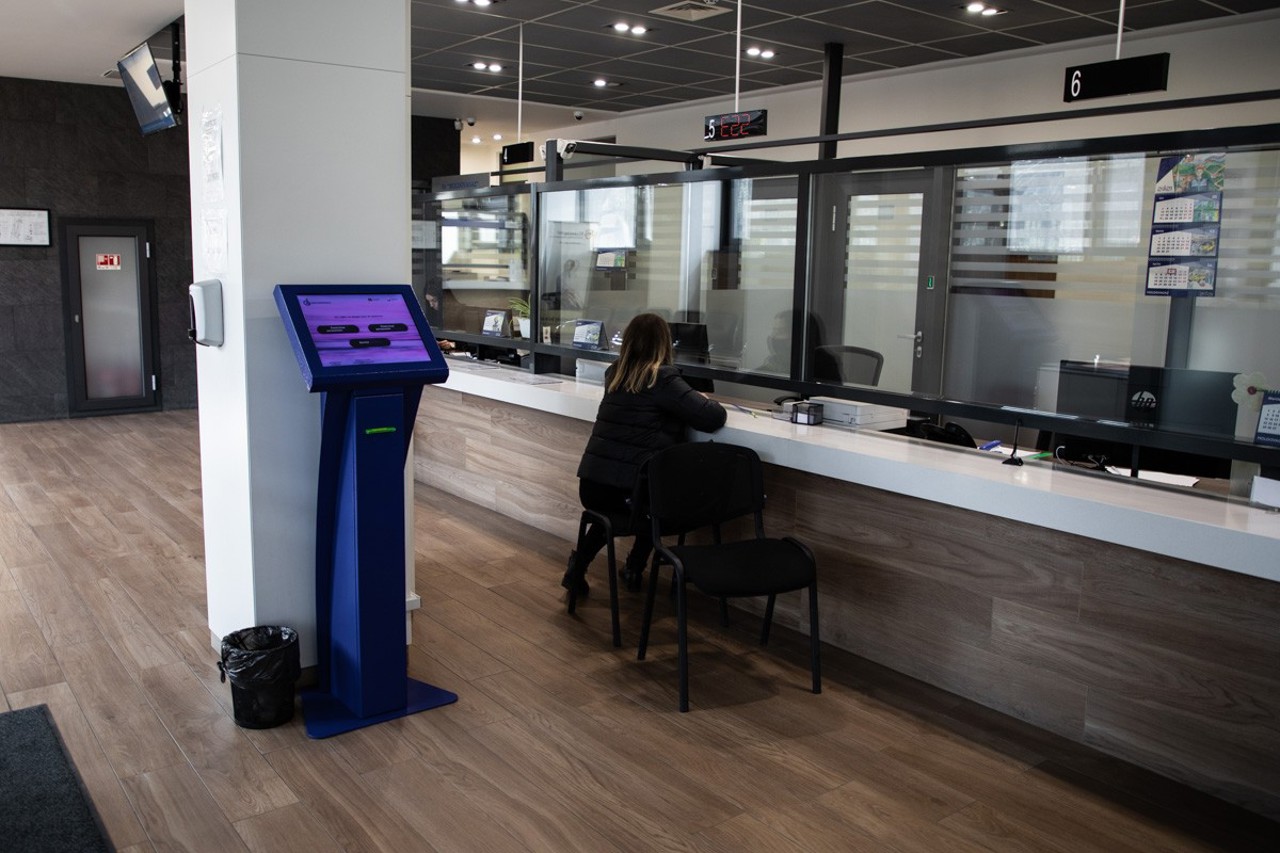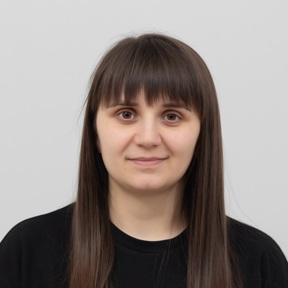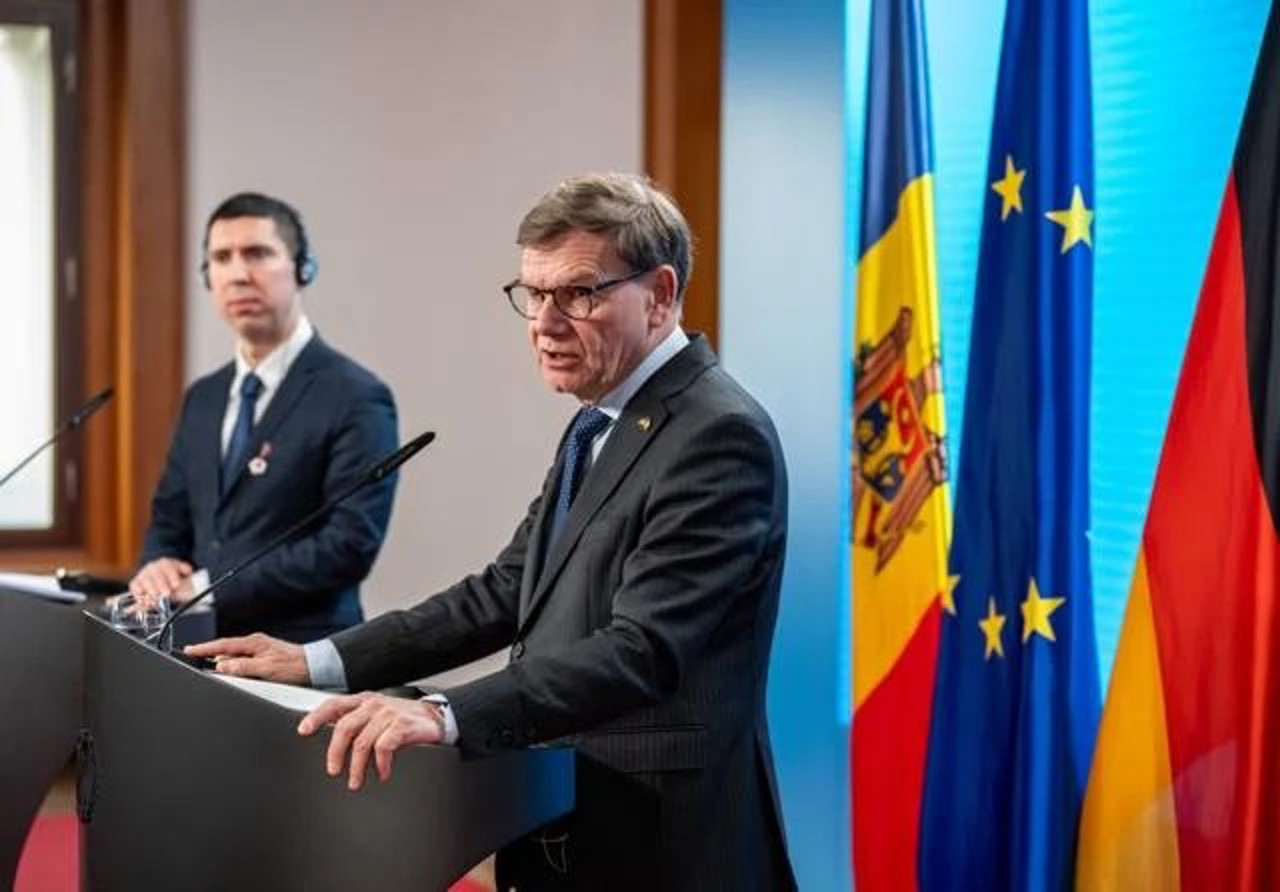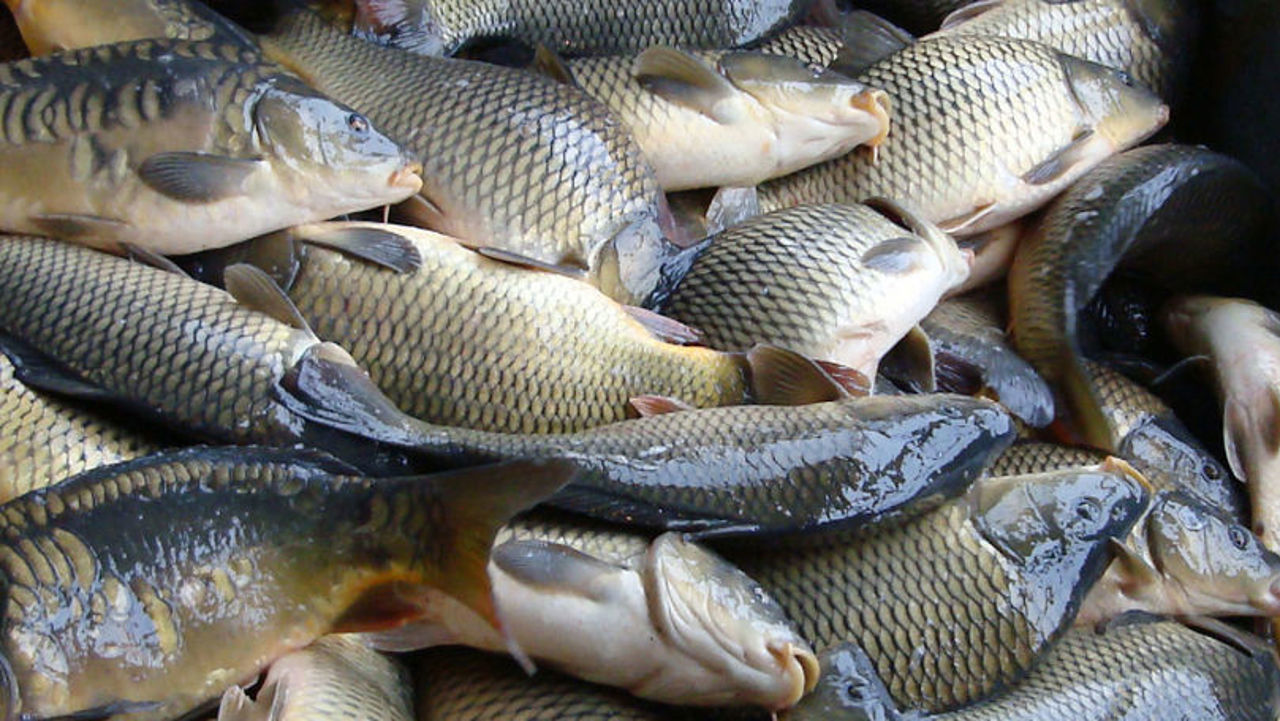Navigating Moldova's EU Integration: Reforms, Benefits, and Challenges
The process of integrating our country into the European Union is complex and requires the active participation of all institutions and citizens for Moldova to join the bloc successfully.

Furthermore, the reforms that the authorities are poised to undertake must not only appear promising on paper but also yield tangible results. This topic was discussed on the Moldova 1 program "Bună Seara."(Good Evening)
Political analyst Mihai Isac argues that Moldova's integration into the European Union will bring significant benefits to Moldovan citizens, enabling access to additional external funds. However, achieving this requires the Chișinău authorities to implement a series of substantial reforms.
"The funds will come in various forms, but for these funds to be allocated, Moldova must enhance its capacity to absorb them and fulfil its commitments to the EU bloc. We must approach EU integration with confidence. These reforms should not be undertaken simply to appease Brussels, Bucharest, or Madrid," emphasised Mihai Isac.
The Executive Director of the Institute for Strategic Initiatives also supports that from the initiation of accession negotiations, every institution and authority must endeavour to ensure the thorough completion of this process.
"The most challenging aspect we will face is ensuring sufficient manpower continuously dedicated to this process. This is not a task to be completed hastily; it is an extraordinarily complex endeavour. Most importantly, we must recognize that these reforms are not merely bureaucratic exercises sent to Brussels; they are changes we all aspire towards," stated Vadim Pistrinciuc.
Citizens also play a crucial role.
"We must actively combat misinformation, promote European values, and inform the diaspora about the opportunities that the European Union can bring to each of us," stated Elena Bolocan, project coordinator at IPRE.
It is noteworthy that Moldova officially commenced accession negotiations with the European Union just two years after submitting its application and obtaining candidate country status. The first intergovernmental conference took place on June 25 in Luxembourg. According to numerous European diplomatic sources, substantive negotiations on chapters will commence next year, following the conclusion of Hungary's presidency of the European Union.
Translation by Iurie Tataru





